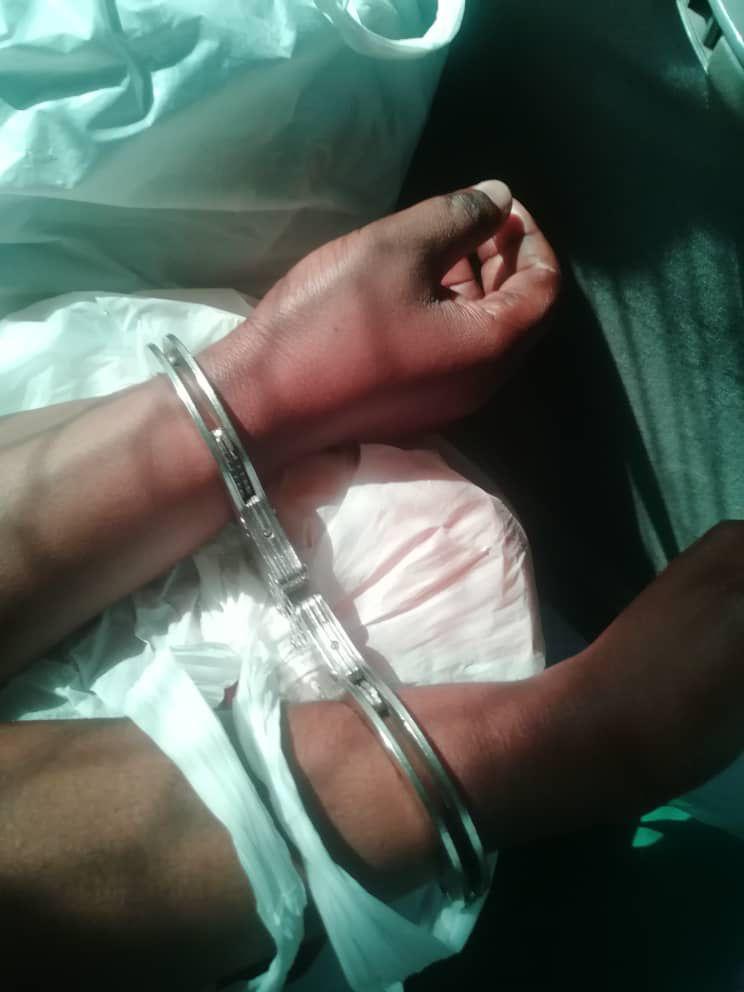“We cried and begged”
UAE tramples on the hopes, dignity, and rights of African migrant workers
In the audio story above, John* recounts the horrific night in painstaking detail. A security guard for nearly eight years, John’s visa and work permits were valid. He had never committed a crime. Yet, he was detained for two months. Some migrants were undocumented, and others on visit visas – legal under UAE laws – and they were reportedly deported first. But many, like John, had valid documentation and were actively employed.
While it is evident that the detention and deportations were not related to migrants’ varying legal status, the authorities’ motives remain unclear. In a statement denying any transgression of justice or racial motivation, the UAE claimed the workers were linked to a sweeping catalogue of crimes including “prostitution networks, human trafficking, indecent acts, extortion, and assault...” The statement also claimed that workers were only deported after “due legal process,” contradicting the testimonies of over 100 workers interviewed by ImpACT International and Euro-Mediterranean Human Right Monitor, BBC, and the Thomson Reuters Foundation (TRF).
Among the many rights violations John and others describe are the al-Wathba prison’s reprehensible conditions. Though Abu Dhabi is known for enforcing significantly more stringent Covid-19 regulations than other emirates, authorities exposed detainees to unconscionable risks: crowding migrants 62 to a cell, depriving them of hygiene products, and even – some migrants allege – faking Covid-19 tests to enable them to travel. They did not receive soap, toothpaste, nor a change of clothes until over a month after their detention. They drank only dirty tap water and were forced to compete over a handful of panadol in lieu of actual medical care.
“We asked if those crimes were written on our African faces [...] most of us had legitimate papers and employers, and no criminal records.”
All their personal belongings, including mobile phones, were confiscated, and migrants were not allowed to contact their families. Embassies were aware of the situation to some extent, as they provided exit documents for many of the workers, but did not visit the prison. Cameroon’s Dubai-based consul-general told TRF that repeated requests for information were ignored, and that upon visiting al-Wathba he was not permitted entry.
A clear case of race-based discrimination and violent overreach of authorities, the case has implicitly created even more problems for African migrant workers. Companies will hesitate to employ Africans, landlords will worry about renting out property to them, and the entire group will be associated with crimes, despite no evidence to support the claims.
John is now trying to determine if there is an Interpol case lodged against him. But the request for information that he filed – and paid for – was cancelled by the UAE. He and others are also attempting to collect final payments and settlements from their former employers.
“People lost money, their valuables, their jobs, their dreams, families destroyed for no reason…people lost their hope for no reason.”
*Name changed





